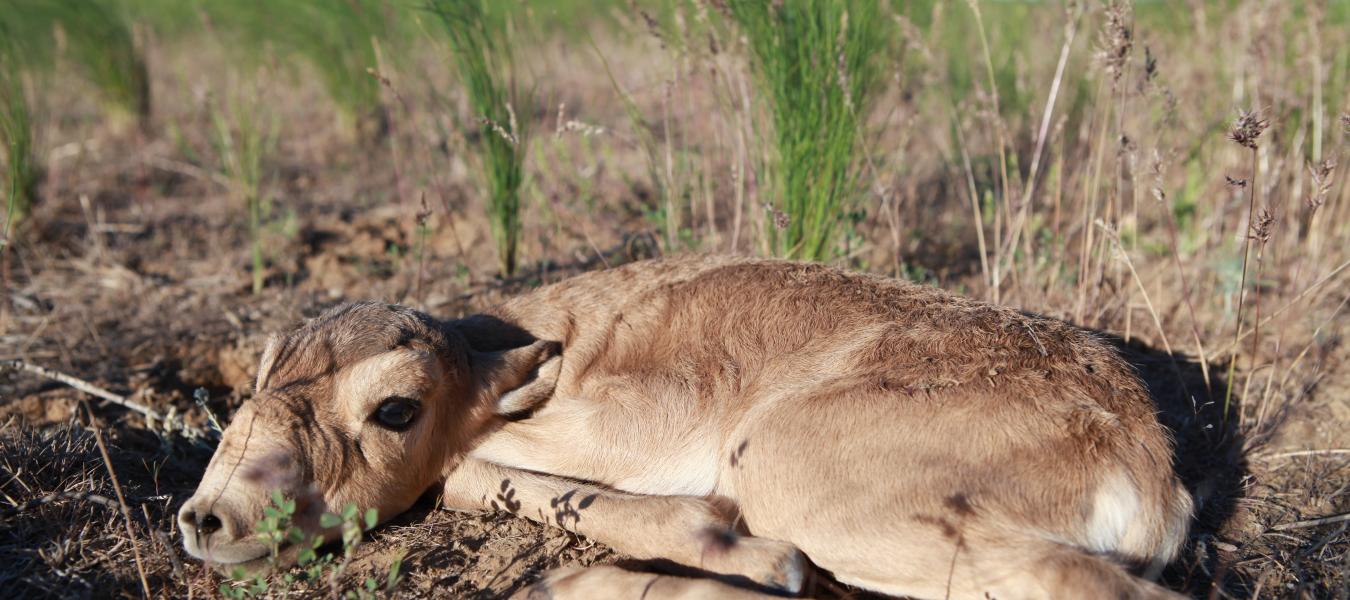Sex, Death and Tragedy

The population consequences of sexual conflict are relatively unexplored. In a recent paper, Le Galliard et al. now show that males of the common lizard Lacerta vivipara cause such damage to females that male-biased populations decrease in size, posing a real risk to the persistence of local lizard populations. Their study reveals surprising parallels between sexual conflict and the tragedy of the commons, where selfish competition over females destroys the very resource (i.e. the females) over which the males are fighting.
The battle over access to mates is perhaps one of the most extreme conflicts in evolution. Male to male conflict sometimes becomes so intense that it can result in the death of all males in a population. For example, in marsupials of the genera Antechinus and Dasyurus, the diseases that appear to follow from excessive investment in mating can wipe out all males in the population after the mating season. This is not harmful to population persistence, however, as inseminated females produce new males. If males can invest so much in sex that they eventually kill themselves, to what extent will they harm a potential mate?
